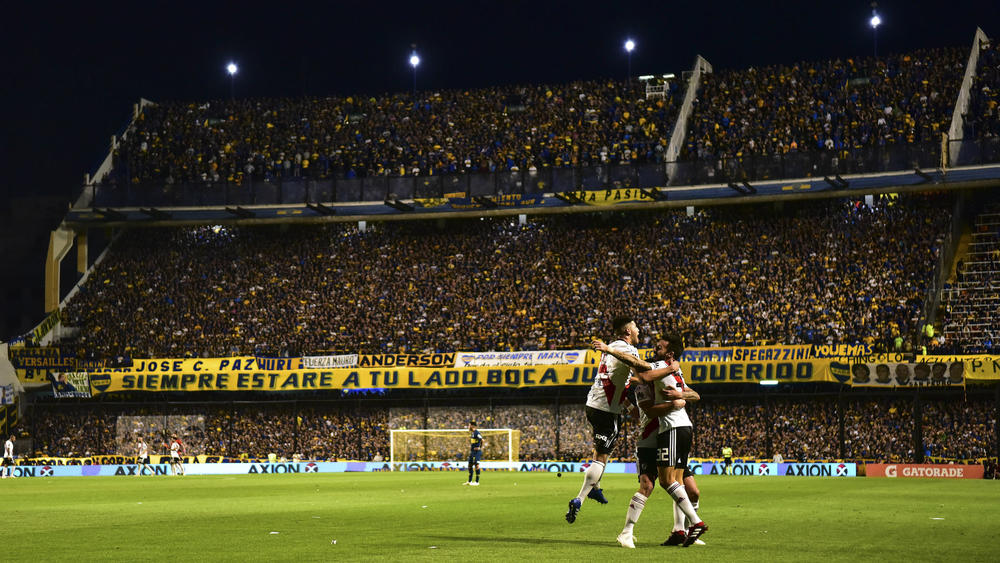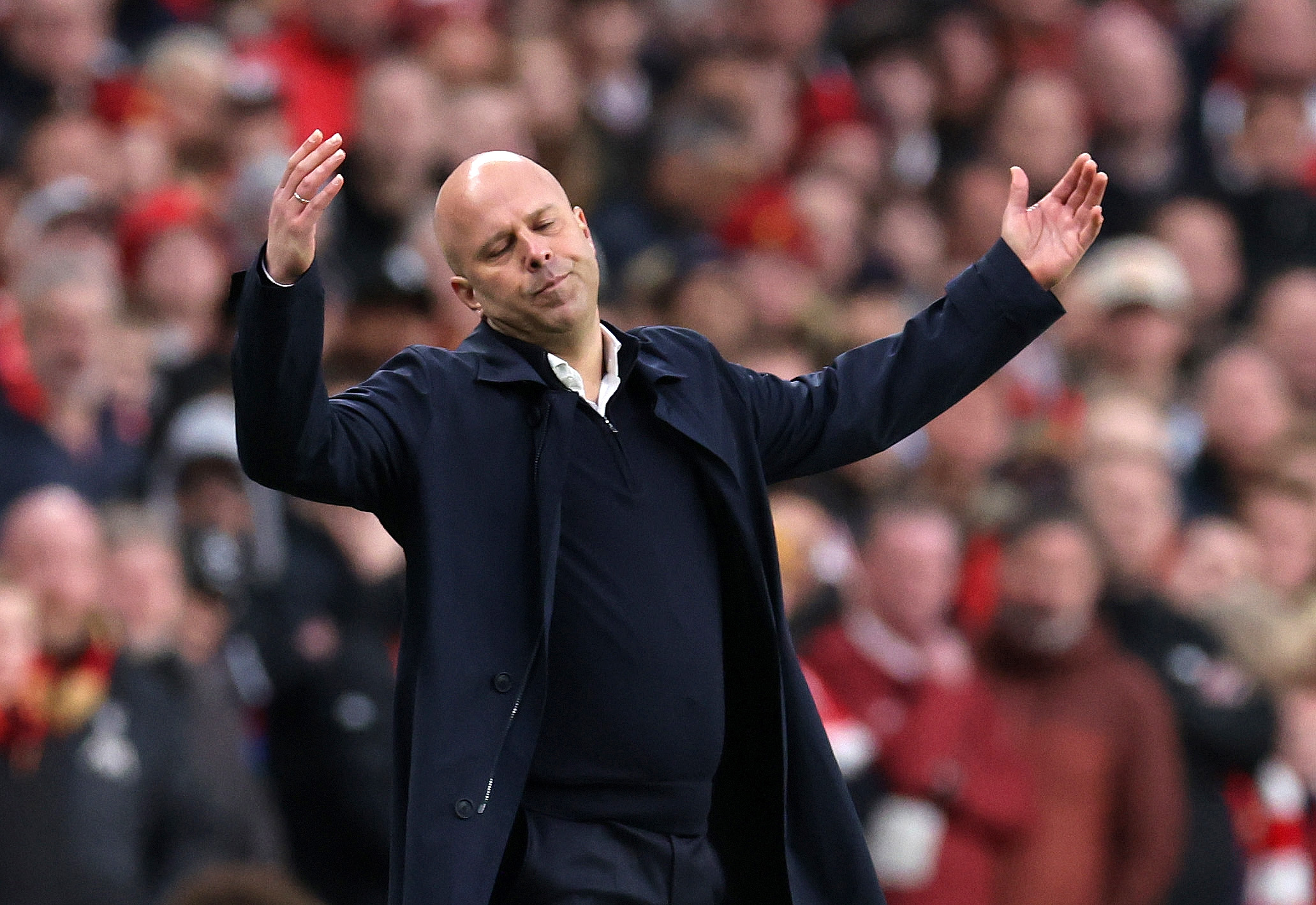Boca Juniors v River Plate: Why does the Copa Libertadores final rivalry matter so much?
Ahead of the first leg of the Copa Libertadores final between Boca Juniors and River Plate, we look at where the rivalry started.

Of the 26 clubs in Argentina's Superliga, 12 are based in the province of Buenos Aires. However, there is no rivalry like that between Boca Juniors and River Plate.
The competition between the two fierce adversaries will be ratcheted up several notches when they meet in the final of the Copa Libertadores – South America's premier club competition – for the first time in their history.
No spectacle in football quite matches up to the Superclasico, but why are Boca and River such fierce rivals? It is a story that can be traced back over 100 years.
While they no longer operate in close vicinity in Argentina's sprawling capital city, the two clubs were founded in the working-class port neighbourhood of La Boca.
A merger between La Rosales and Santa Rosa brought River into existence in 1901, with immigrants from Genoa creating Boca four years later – the reason for their Xeneizes nickname.
Despite having disputed a number of friendlies it was not until August 14, 1913 that their first official meeting took place. Their nomadic early years meant Boca played host at the home of Racing in Avellaneda, but it was River who triumphed 2-1 as the rivalry was born.
6W 5D 1L - Both and have won six, drawn five and lost one of their 12 games in the 2018 Conmebol . Clash. November 7, 2018
That feeling was enhanced with the start of professionalism in 1931. Boca won the first league title of the new era, while River signed right winger Carlos Peucelle from Sportivo Buenos Aires for 10,000 pesos and earned the nickname of Los Millonarios – the Millionaires. A move to the newly built El Monumental in the more affluent Belgrano district soon followed.
Get FourFourTwo Newsletter
The best features, fun and footballing quizzes, straight to your inbox every week.
It was perceived that River had come to embody the city's upper echelons, while Boca was the team of the working class – two warring factions following Argentina's economic turmoil in the wake of The Great Depression.
The nature of modern football means the clubs have evolved into brands that can call on supporters from across the entire nation regardless of their social standing, but the seeds of contempt had already taken deep roots.
Boca and River have never stopped jostling for superiority in Argentina.
¡El caño de Riquelme a Yepes, uno de los momentos históricos de los Superclásicos en la ! Fue el 24/05/2000, hace más de 18 años.Se viene la gran final entre y . November 6, 2018
The antagonism has at times led to abominable scenes of violence between the two sets of supporters – though that is a problem so endemic in Argentine football the government banned away supporters from stadiums in 2013.
Despite Argentina president Mauricio Macri - whose political career was launched by a successful spell as Boca chairman - requesting that change for the Libertadores final, Boca and River reached an agreement not to allow travelling fans into either leg.
It will not take away from what is sure to be a mouth-watering spectacle beginning at La Bombonera on Saturday, when the latest and most important chapter in one of football's greatest feuds is written.
